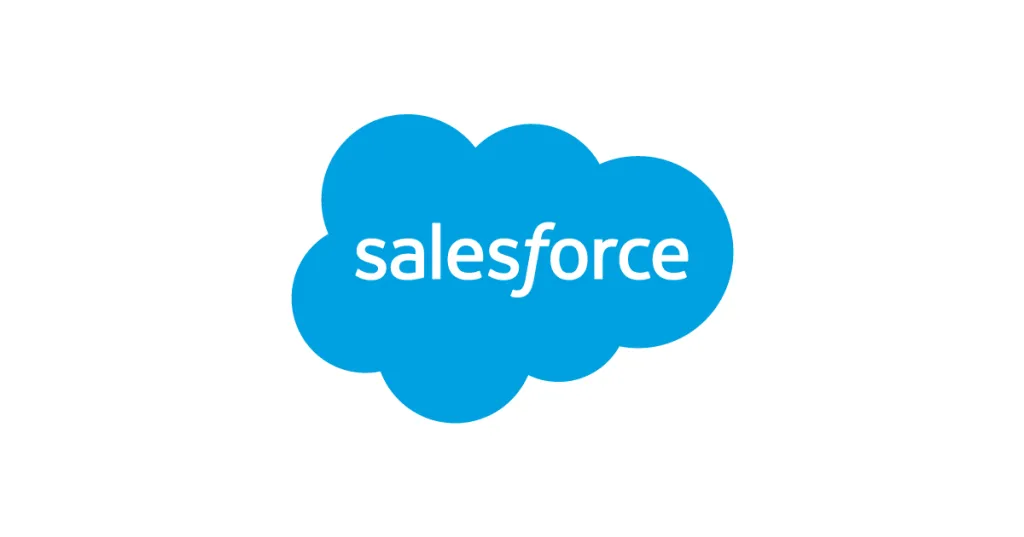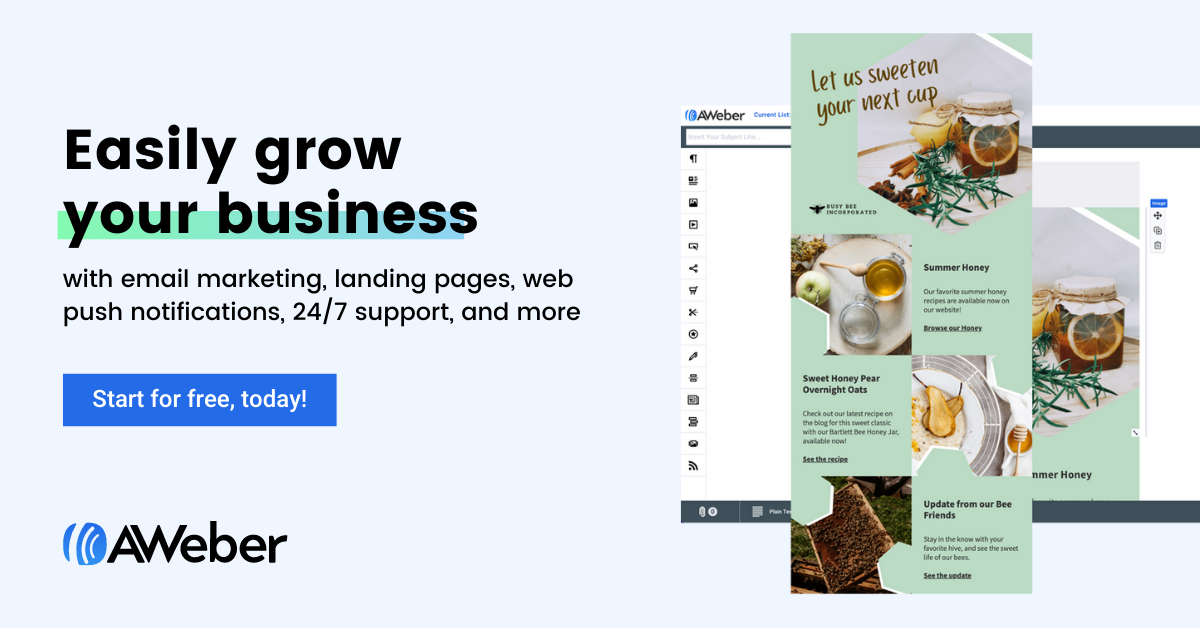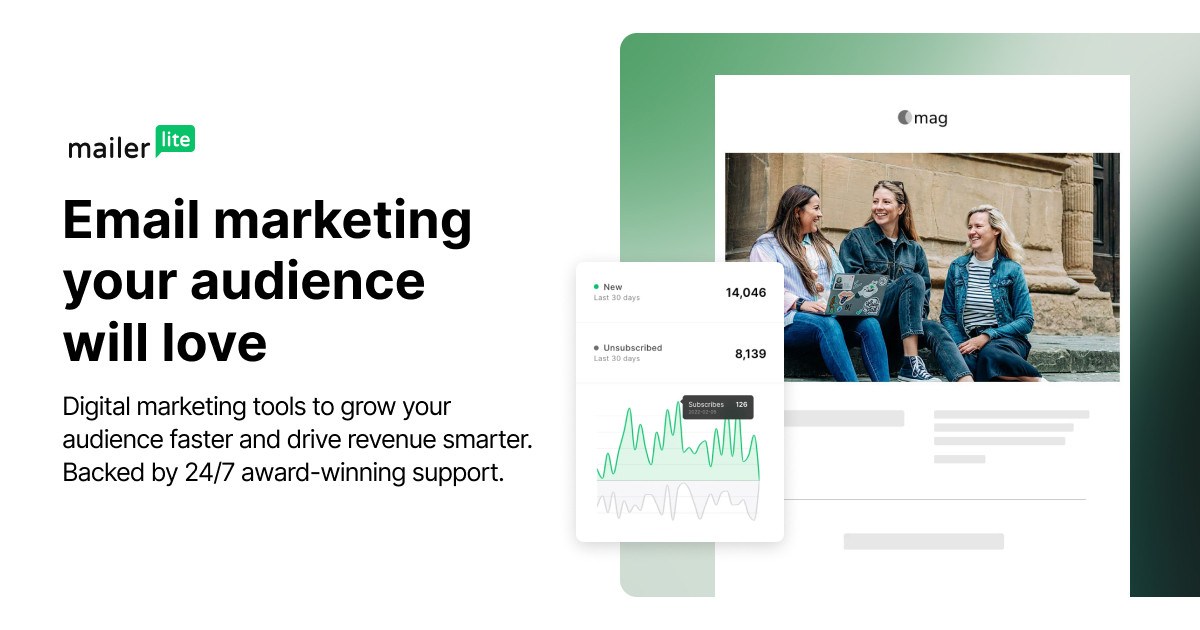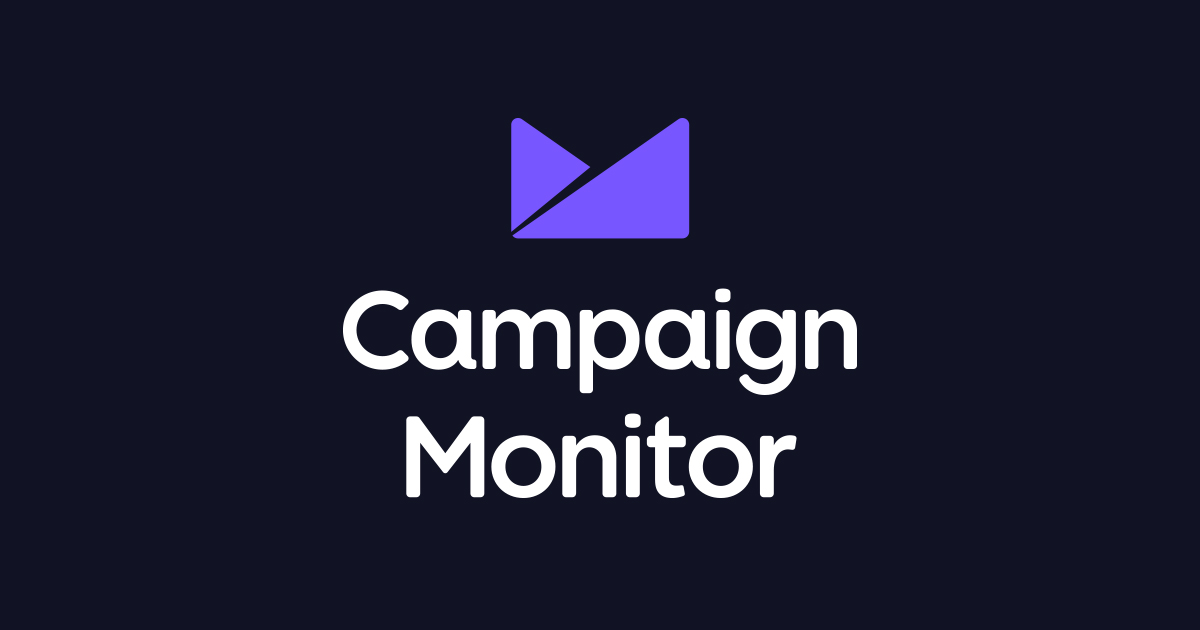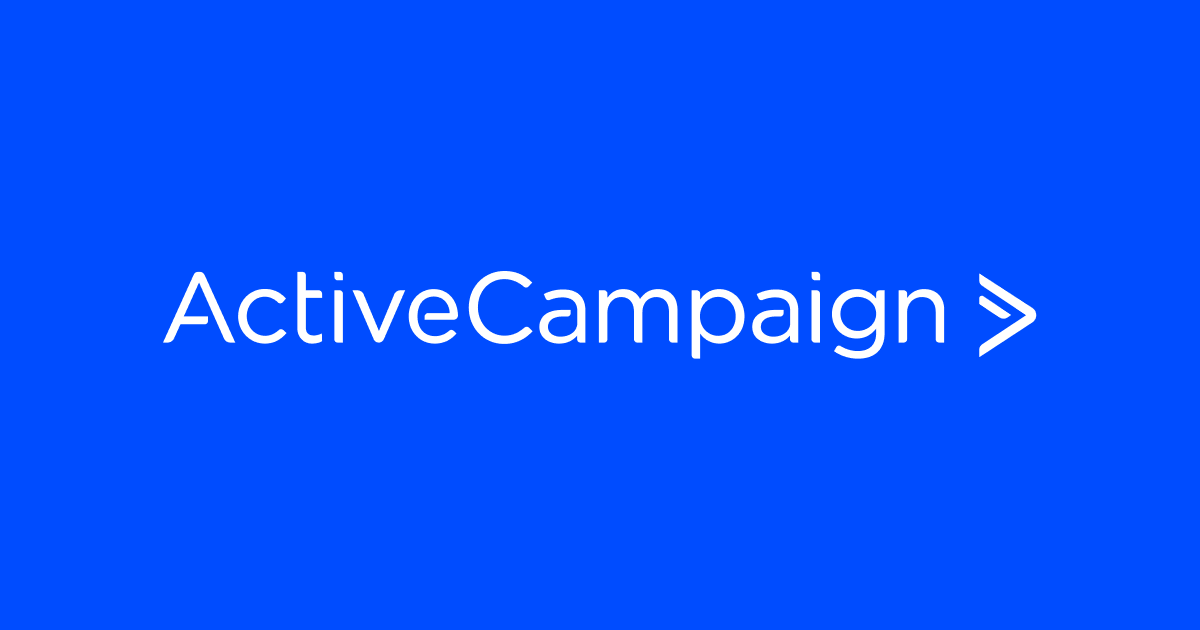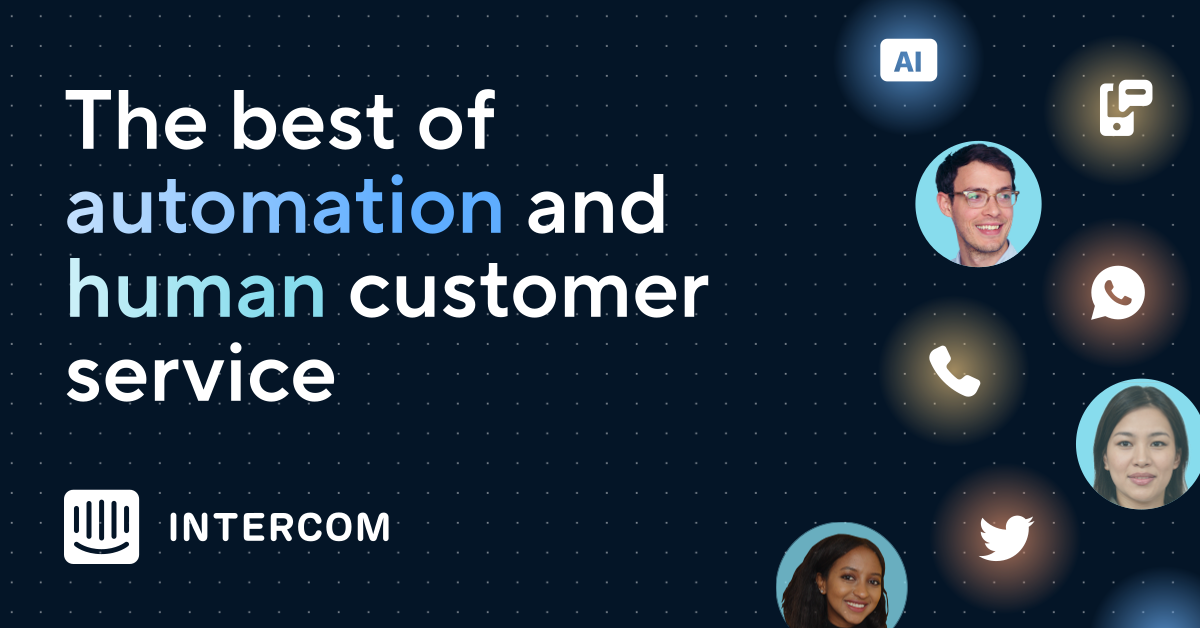Introduction
Marketing automation software allows businesses of all sizes to streamline repetitive tasks, personalize interactions at scale, and continuously optimize campaigns based on user behavior and results. By automating repetitive processes and delivering personalized experiences across channels, marketing automation tools help companies acquire more qualified leads, improve conversion rates, and increase the lifetime value of existing customers. In this post, we evaluate the top 15 marketing automation platforms based on key capabilities, platform features, pricing, and other factors to help you find the right solution to take your marketing efforts to the next level.
Methods of Evaluation
To determine the top marketing automation software options, we evaluated each platform based on core features and capabilities, pricing and plans, integrations and flexibility, support, and other factors. We also considered third-party metrics like the number of backlinks, website traffic over time, search volume and trends for keyword phrases related to each vendor to help gauge popularity and demand. By leveraging both conventional evaluation methods and third-party data signals, we aim to provide the most comprehensive analysis to help businesses of all sizes choose the marketing automation platform best suited to their unique needs and budget.
1. Adobe Campaign Standard
Adobe Campaign Standard is Adobe’s industry-leading marketing automation solution. It allows marketers to identify prospects, automate marketing campaigns, personalize experiences and measure campaign performance across web, email, mobile and more.
Pros: Some key advantages of Adobe Campaign Standard include: enterprise-grade solution optimized for large scale deployments, robust personalization capabilities using behavioral data, comprehensive data and analytics tools to measure campaign performance, tight integration across the entire Adobe Experience Cloud ecosystem, cross-channel campaign management to reach customers across web, email, mobile and more.
Cons: A potential disadvantage is that it is targeted more towards large enterprises versus small businesses due to its capabilities and pricing. The learning curve may also be steeper than some other marketing automation tools.
Pricing: Adobe Campaign Standard pricing starts at $150 per month for up to 10,000 contacts and includes capabilities like segmentation, workflows, A/B testing and integration with Adobe Experience Cloud. Pricing scales upwards based on the number of contacts.
Some key stats about Adobe Campaign Standard include: used by over 6,000 companies worldwide, capability to send 500 million emails per month, integration with Adobe Experience Cloud solutions like Adobe Experience Manager and Adobe Analytics.
2. Mailchimp
Mailchimp is one of the most popular marketing automation platforms for small businesses. Founded in 2001, Mailchimp specializes in email marketing but also offers marketing automation and integration capabilities. With over 15 million users, Mailchimp has helped businesses of all sizes improve their marketing.
Pros: Some key advantages of Mailchimp include:
– Free tier for basic segmentation and up to 2000 subscribers
– Intuitive drag-and-drop interface for building complex campaigns
– Robust automation features to trigger emails based on user behavior
– Powerful segmentation and tag capabilities for deep personalization
– Strong reporting and analytics to track campaign performance
Cons: One potential disadvantage of Mailchimp is that it is primarily focused on email marketing. While integration capabilities have expanded, it is not a full-featured marketing automation platform like Hubspot or Marketo.
Pricing: Mailchimp offers three paid tiers – Essential, Standard, and Premium starting from $9.99 – $299 per month based on the number of subscribers and desired features. The free tier supports basic usage for up to 2000 subscribers.
Some key stats about Mailchimp include:
– Over 15 million active users globally
– Processes over 15 billion emails monthly
– Integrates with over 800 third party apps like Shopify, WooCommerce, etc.
– Launched in 2001 and acquired by The Rocket Science Group, LLC in 2012
3. Pardot
Pardot is a leading marketing automation software created by Salesforce. Pardot allows marketers to deliver personalized marketing campaigns across multiple digital channels. With Pardot, marketers can strategically nurture leads and close more deals.
Pros: Some key advantages of Pardot include:
– Strong lead scoring and routing capabilities
– Robust B2B marketing functionality like account-based marketing
– Seamless integration with the Salesforce CRM platform
– Mature marketing automation capabilities like dynamic content and workflows
– Enterprise-grade support and resources from Salesforce
Cons: A potential disadvantage is the cost as it is an enterprise-level solution aimed at large businesses with complex marketing needs.
Pricing: Pardot pricing starts at $125 per month for the essentials plan for up to 5000 contacts. The professional plan starts at $250 per month for up to 15000 contacts. Custom enterprise plans are also available for larger businesses.
Some key stats about Pardot include:
– Used by over 6,000 companies worldwide
– Integrates tightly with the Salesforce CRM platform
– Supports B2B, B2C and B2B2C marketing
– Over 15 years of marketing automation expertise
4. Strikingly
Strikingly is a free website builder that allows users to easily create mobile-friendly websites without any coding. Founded in 2016, Strikingly has grown to support over 15 million websites globally. With Strikingly, users can build good-looking websites through an intuitive drag-and-drop interface and robust library of pre-built design templates and themes.
Pros: The main advantages of Strikingly include:
– One-click website builder that eliminates the need to code
– Mobile-optimized responsive designs out of the box
– Integrations with Shopify, Etsy and other channels for ecommerce capabilities
– Unlimited pages and storage on free accounts
– Reasonably priced paid plans for advanced features and custom domains
Cons: The only major disadvantage is the reliance on Strikingly’s templates and themes which provides less freedom than other website builders or self-hosted solutions.
Pricing: Strikingly offers a free basic plan that supports unlimited pages and storage. It also offers professional plans starting from $8/month that provide advanced customization options, custom domains and support.
Some key stats about Strikingly include:
– Over 15 million websites built on the platform
– Hosts websites in 15+ languages
– Offers 350+ design templates across 30+ categories
– Websites can be published within minutes
5. Twilio SMS
Twilio SMS is a market-leading cloud communications platform that allows businesses to communicate with customers through popular messaging channels like SMS, WhatsApp, and Voice. Founded in 2008, Twilio has grown to serve over 275,000 customers globally including Lyft, Airbnb, Uber and Netflix.
Pros: Some key advantages of Twilio SMS include:
– Mature API-first SMS platform that is flexible and customizable
– Allows businesses to integrate messaging into websites, apps, and other digital products easily
– Provides flexible templates and workflows to customize messaging experiences
– Offers comprehensive delivery stats and metrics for campaign reporting
– Integrates tightly with other communication channels and platforms
Cons: One potential disadvantage is that Twilio has relatively higher pricing compared to some competitors due to its focus on larger enterprise clients that prioritize reliability and scalability over raw messaging volume.
Pricing: Twilio SMS pricing starts at $1 per 1,000 messages for US and Canada numbers. Pricing scales down with volume and there are no setup or ongoing fees. International rates vary by country but are generally affordable at scale. Additional services like templates, workflows and analytics have additional per-use fees applied.
Some key stats about Twilio SMS include:
– Processes over 10 billion API requests per month
– Reaches over 5 billion mobile devices in over 190 countries
– Has over 20,000 active plugins and integrations
– Achieves 99.999% global uptime SLA
6. GetResponse
GetResponse is a leading marketing automation software for small and mid-sized businesses. Founded in 1998 and headquartered in Krakow, Poland, GetResponse has helped over 100,000 businesses improve their marketing. With a comprehensive set of marketing automation tools for email marketing, social media, landing pages, and more, GetResponse makes digital marketing easy and effective.
Pros: Some key advantages of GetResponse include: All-in-one marketing automation platform with robust email marketing capabilities, Flexible automation workflows to easily create automated marketing campaigns, Affordable pricing tiers whether just starting out or a more established business, Great for small and mid-sized businesses due to its ease of use and scalability.
Cons: One potential disadvantage is that the advanced and premium pricing tiers may be too expensive for some very small businesses on a tight budget.
Pricing: GetResponse offers three pricing tiers: Essentials ($15/month), Standard ($25/month), and Advanced ($45/month). All tiers include most core features like email marketing, landing pages, forms, and contact management. The higher tiers unlock more advanced features like A/B testing, advanced workflows and automation, more bandwidth/storage, and priority support.
Some key stats about GetResponse include: More than 100,000 customers worldwide, Supports over 15 languages, Can create and send thousands of emails per month, Offers flexible pricing plans starting from just $15/month for the essentials plan, Provides robust landing page builder and form creator, Has over 45+ pre-designed email templates.
7. AWeber
AWeber is one of the oldest and most trusted names in email marketing. Founded in 1998, AWeber provides award-winning email marketing automation and insights to over 450,000 customers. Their products help businesses of all sizes grow and nurture customer relationships through thoughtful, effective email communications.
Pros: Some key advantages of AWeber include:
– Reliable email deliverability
– Robust list segmentation tools
– Comprehensive email marketing features like automated workflows, signup forms, and A/B testing
– Intuitive templates and editor for creating professional emails easily
Cons: A potential disadvantage is that pricing starts at $15/month which may be too expensive for some very small businesses or side projects on tight budgets.
Pricing: AWeber offers 3 tiers of pricing:
– Basic Plan: $15/month – Best for small businesses and solopreneurs
– Pro Plan: $35/month – Adds advanced segmentation and lists
– Premier Plan: $65/month – Highest level features for enterprise clients
Some key stats about AWeber include:
– Over 450,000 total customers
– 98%+ email deliverability rate
– 24/7 dedicated customer support
– Over 25 years of email marketing experience and expertise
8. MailerLite
MailerLite is an all-in-one email marketing platform that helps businesses and individuals engage audiences through thoughtful email communications. Founded in 2011 in Lithuania, MailerLite has grown to serve over 130,000 customers worldwide with its easy-to-use yet powerful feature set.
Pros: Some key advantages of MailerLite include:
– Beginner friendly yet full-featured drag-and-drop email template builder
– Good for both small teams or freelancers due to affordable pricing and simple setup
– Integration with popular platforms like Shopify, WordPress, and ActiveCampaign allows for cross-channel marketing
– Award-winning 24/7 support available via phone, email and online chat
Cons: A potential disadvantage is that the free tier has limited functionality and more advanced features require upgrading to a paid plan.
Pricing: MailerLite offers three pricing tiers – Free, Premium ($9.99/month), and Business ($24.99/month). The free plan is limited to 500 subscribers and 1,000 emails sent per month, while the Premium and Business plans unlock more features, higher send limits, and support.
Some key stats about MailerLite include:
– Over 130,000 customers globally
– Processes over 3 billion emails per month
– Available in 12 languages
– Integrates with over 150 apps including Shopify, WordPress, and ActiveCampaign
9. Campaign Monitor
Campaign Monitor is one of the leading email marketing and automation platforms for small and medium-sized businesses. Founded in 2007 and headquartered in Melbourne, Australia, Campaign Monitor helps businesses attract, engage and retain customers through email marketing campaigns.
Pros: Some key advantages of Campaign Monitor include:
– Intuitive email marketing platform that is easy for beginners to use but also powerful for more advanced users.
– Great library of customizable email templates and a drag-and-drop email builder for creating and editing emails.
– Solid deliverability capabilities to help ensure emails are delivered to the inbox and not marked as spam.
– Beginner friendly interface makes it simple to set up campaigns and automations.
Cons: One potential disadvantage is that it may not have as many advanced automation and segmentation capabilities compared to some of the larger and more expensive marketing automation platforms.
Pricing: Pricing starts at $9 per month for the Essentials plan (up to 2,500 subscribers) and goes up to $79 per month for the Pro plan (unlimited subscribers). Campaign Monitor also offers customized enterprise solutions for very large businesses.
Some key stats about Campaign Monitor include:
– Over 30,000 customers globally
– Average deliverability rate of 98%
– More than 1 billion emails sent per month
– Intuitive drag-and-drop email builder
– Over 200 professionally designed email templates
10. ActiveCampaign
ActiveCampaign is a leading marketing automation software for small and medium-sized businesses. Founded in 2003 and based in Chicago, ActiveCampaign serves over 180,000 customers worldwide with its all-in-one platform for email marketing, automation workflows, CRM and more.
Pros: Some key advantages of ActiveCampaign include:
– Beginner-friendly interface that is easy to use and navigate
– Competitive pricing starting at $9 per month for the basic plan
– Robust email marketing tools including lists, templates, reporting and automation
– Solid onboarding and training resources for new users
– Integrated sales automation and CRM features to streamline workflows
Cons: One potential disadvantage is that the interface may not have as many advanced customization options when compared to some more expensive enterprise-level solutions.
Pricing: ActiveCampaign offers three tiered pricing plans:
– Startup Plan: $9/month billed annually
– Growth Plan: $49/month billed annually
– Advanced Plan: Custom pricing
All plans include email marketing, automation and basic CRM functionality. Additional features like mobile apps and advanced integrations are included in the higher tier plans.
Some key stats about ActiveCampaign include:
– Over 180,000 customers globally
– Beginner friendly drag-and-drop interface
– Integrations with over 350 apps including Shopify, WordPress, QuickBooks and more
– Robust email editor with scheduling, A/B testing and analytics
11. Intercom
Intercom is a marketing automation and customer support platform that helps businesses transform customer conversations into opportunities. Founded in 2011 and based in San Francisco, Intercom connects teams with their customers to deliver exceptional experiences at every touchpoint across mobile apps, web, email and messaging channels.
Pros: Some key advantages of Intercom include:
– Intuitive conversation widget that allows customers to get in touch directly from a website or app
– Real-time lead engagement capabilities to qualify and nurture contacts
– Personalized support workflows to route customers to the right agent
– AI-powered routing to understand customer intent and match requests to the right team
– Seamless onboarding experience to quickly set up and start using the platform
Cons: One potential disadvantage is that Intercom is primarily focused on conversations over other marketing or sales automation features. It may not be as fully-featured as some general marketing automation platforms.
Pricing: Intercom offers various pricing plans starting from a Free plan for up to 500 contacts. Paid plans range from $49 – $149 per agent per month and are based on the number of assigned agents.
Some key stats about Intercom include:
– Used by over 20,000 customers including Dropbox, Github, Stripe, Zendesk and SendGrid
– Supports 45+ languages
– Processes over 2.5 billion messages per month
– Has over 700 employees worldwide
12. Pardot
Pardot is a leading marketing automation platform owned by Salesforce. Pardot helps companies generate leads, close deals and grow revenue with streamlined marketing and sales processes. Some key capabilities include leading scoring, automated marketing campaigns, landing pages and forms, email marketing, and integration with Salesforce CRM.
Pros: Some of the key advantages of Pardot include:
– Excellent for B2B sales and marketing alignment
– Robust lead scoring and automated follow-up
– Seamless Salesforce integration
– Customizable email templates
Cons: One potential disadvantage is that Pardot is more expensive than some standalone marketing automation platforms due to its tight Salesforce integration.
Pricing: Pardot pricing starts at $125/month for Essentials and goes up to $300/month for Professional editions. It also offers Enterprise editions priced based on individual business needs and capacity.
Here are some key stats about Pardot:
– Used by more than 6,000 companies worldwide
– Processes over 2 billion contacts annually
– Average user sees a 200% increase in marketing qualified leads with Pardot
13. Unbounce
Unbounce is a leading landing page builder and marketing platform. Since 2009, Unbounce has helped over 85,000 businesses in 150+ countries create and optimize high converting landing pages. With Unbounce, marketers can easily build polished landing pages without technical skills using hundreds of drag-and-drop templates and blocks.
Pros: Some key advantages of Unbounce include: – Powerful landing page builder that allows creating pages in just a few clicks without coding – Personalized blocks and call-to-actions that can be targeted to specific audiences – Testing and optimization capabilities that help boost conversions – Seamless integrations that sync data with other automation platforms used
Cons: One potential disadvantage is that the most advanced features like AI-powered testing require paid plans starting at $99/month which may not be suitable for all budgets.
Pricing: Unbounce offers three pricing tiers: Free Plan ($0/month) with limited features, Standard Plan ($99/month) with more templates and integrations, Advanced Plan ($249/month) with A/B testing and predictive analytics capabilities.
Some key stats about Unbounce include: – Over 85,000 businesses worldwide use Unbounce – Hundreds of beautifully designed templates and blocks to build landing pages – Integrations with 15+ marketing platforms including Hubspot, Salesforce, and Adobe – Converts over 2 billion visitors annually
14. Marketo
Marketo is a leader in B2B marketing automation. Founded in 2006, Marketo has grown to serve over 2,500 enterprise customers worldwide. With their acquisition by Adobe in 2018, Marketo continues to innovate as the centerpiece of Adobe’s Customer Experience Management suite.
Pros: Some key advantages of Marketo include:
– Lead management and scoring
– Robust ABM capabilities
– Dynamic content personalization
– Strong ROI reporting
– Enterprise-level features like complex workflows, permissions, and scalability
Cons: One potential disadvantage is the steep learning curve for new users to become proficient with Marketo’s many features and capabilities.
Pricing: Marketo pricing is based on the number of leads being managed. There are various available tiers such as Essentials, Professional, and Enterprise starting from around $5,000/month.
Some key stats about Marketo include:
– Over 2,500 enterprise customers globally
– Integrations with over 150+ CRM and marketing applications
– Processes over 1 billion events per month
– Supports multi-lingual, global implementations
Conclusion
While no single solution will be the best fit for every business, we hope this breakdown of the top 15 marketing automation software options provides a useful starting point for evaluating vendors. Consider your team size, budget, integration requirements, and core priorities to shortlist a few solutions. Be sure to thoroughly test any platform before committing to help ensure it can effectively support and scale your marketing automation processes over time. With the right solution, marketing automation provides an invaluable way to drive more qualified leads, ramp up conversions, and maximize the lifetime value of your customer relationships.






